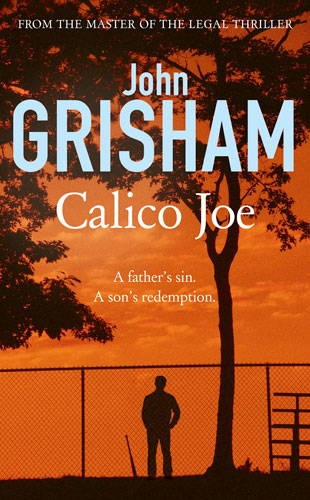The Confession
ISBN: 9780099545798
Description
In 1998, in the small East Texas city of Sloan, Travis Boyette abducted and strangled a popular high-school cheerleader. He buried her body so that it would never be found, then watched as police arrested Donte Drumm, a local football star. Tried, convicted and sentenced, Drumm was sent to death row.
Nine years later, Donte Drumm is four days from execution. Travis faces a fate of his own: an inoperable brain tumour will soon deliver the end. Reflecting on his life, he decides to do what's right.
But how can a guilty man convince lawyers, judges and politicians that they're about to execute an innocent man?





Reviewed on 11th November 2012
Once again, Grisham writes about the death penalty, and while I agree with the point he's trying to make about the irony of capital punishment and the number of miscarriages of justice caused by outdated and corrupted systems, I found this particular work dreary and repetitive.
I appreciate that such a novel was never going to be the most heart-warming, this story of a man falsely convicted of murder and sentenced to death, and an attempt by the guilty party to stop the execution, could at least have tried to be different from what Grisham has written before.
This is predominantly a fictionalised version of Grisham's non-fiction work 'An Innocent Man' - both (and these could be considered spoilers) feature a black man, with a false confession beaten out of him, sentenced by a corrupt and unbelievable court, and sitting on death row. Both cover the following events and appeals, and both are presented in a documentary style, that in this case really doesn't lend itself to making a book I found I wanted to read.
There were aspects that worked to redeem the book slightly though - I found the characters of the various religious leaders surprisingly compelling and their arcs were some of the most interesting. One of them could be considered the protagonist, and the tone softened when the narrative was aligned with him - it became more personal and more approachable.
The first two thirds of the book were long and slow, dragging to what quickly became clear was an inevitable point in the narrative. The final third picked up though, and both pace and action arrived, relieving the bitter taste that the earlier sections of the book left me with.









